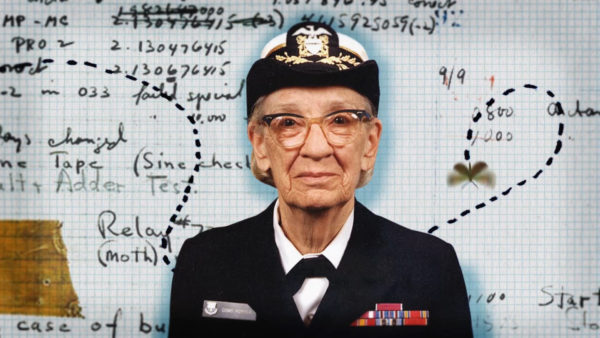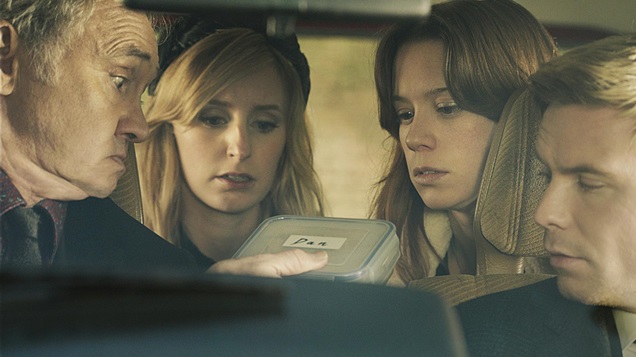CODE: DEBUGGING THE GENDER GAP exposes the dearth of American female and minority software engineers and explores the reasons for this gender gap and digital divide.
Tech jobs are growing three times faster than our colleges are producing computer science graduates. By 2020, there will be one million unfilled software engineering jobs in the USA. Through compelling interviews, artistic animation and clever flashpoints in popular culture, CODE examines the reasons why more girls and people of color are not seeking out opportunities in computer science and explores how cultural mindsets, stereotypes, educational hurdles, and sexism all play roles in this national crisis. Expert voices from the worlds of tech, psychology, science, and education are intercut with personal stories of women who are engaged in the fight to challenge complacency in the tech industry and have their voices heard. CODE aims to inspire change in mindsets, in the educational system, in startup culture and in the way women see themselves in the field of coding.
Computer code forms the foundation of modern society. Cell phones, apps, navigation systems, medical equipment, banking, movie animation… are all driven by code. The more diverse a team of coders is, the broader their perspective of society’s needs, which can ultimately result in products that serve a greater breadth of humanity.
CODE takes a hard look at the pipeline question in technology: why aren’t there more women and minority graduates in computer science? What is stopping them from getting to the threshold? CODE follows the various challenges faced by a new generation of women programmers and the ingenious ways they are using their skills, drive, intellect and vision to disrupt the traditional, male-dominated tech world.
CODE looks to the past, delving into the history of computing to highlight women like Ada Lovelace and Grace Hopper who set the stage for today’s technology. CODE acknowledges that women have been an important part of computing since the genesis of computers, but have since been written out of this history.
CODE is not afraid to ask the hard questions and does so with intelligence and a sense of humor, examining our culture from high (the views of former Harvard President Larry Summers on innate ability) to low (an app called “Titstare” presented to a room of tech heavyweights).
A blend of personal stories, expert voices, innovative animation, historic discoveries, and moments from popular culture are complemented with a cutting edge musical score and bolstered by a strong sense of purpose. CODE reflects, at its heart, the interconnectedness of the stories, the web, and by proxy, the shared vision of a new, more democratic community made possible by the inclusion of more women in code.



